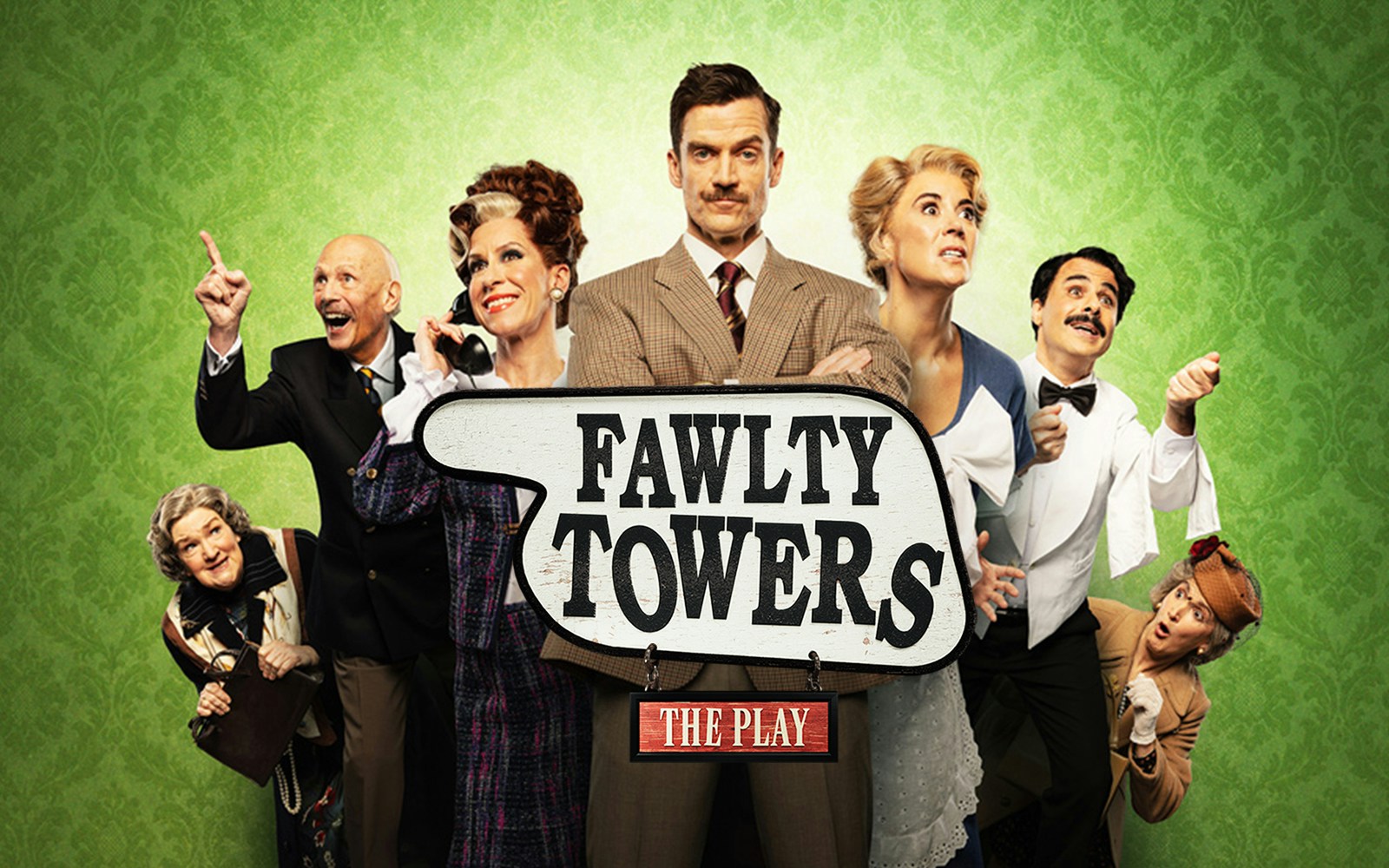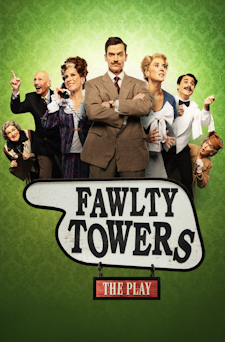Fawlty Towers falters not in a fresh stage adaptation

John Cleese's infamous Fawlty Towers delivered plenty of laughs in its time, and beyond, if the early reviews of the stage show are anything to go by. The tale of the incorrigible Basil Fawlty and his trouble-filled days managing a hotel is bringing its side-splitting shenanigans to the stage, and so far, so good.
"Well, that was a warning, wasn't it?"
Fawlty Towers originally aired in the late '70s. The show was penned by John Cleese and Connie Booth and followed the trials and tribulations of Brian Fawlty as he tried to keep the reputation of his hotel on the up. Unintentionally, however, Fawlty successfully puts the fun in dysfunctional, leading to plenty of hilarious - and now iconic - gags.
Several attempts have been made to adapt the show, including one with Betty White and another gender-bent version starring Bea Arthur. Despite such golden talent behind it, however, none of them found success. Until now, that is.
"When I pay for a view, I expect something more interesting than that."
One of the biggest reasons Fawlty Towers proved so difficult to adapt was its wonderfully classic British humor and the expert delivery of its original cast. With Cleese and Booth at the helm, the jokes were like a rapid-fire round of mad-libs that bounced off of each other and somehow always stuck the landing. Without this dream team, the magic just seemed to be missing.
But it appears the spirit of Fawlty has finally returned to us with the revival of the play at the Apollo Theatre on West End. Directed by Caroline Jay Ranger, this revival has one thing right: it has adapted the original's theatrical farce. After all, the beauty of Fawlty Towers lies in the cacophony of its slapstick humor, something that is even better suited to stage than it is to television or film. As such, the play is a riot from beginning to end, opening chaotically and finishing even more riotously.
Speaking of the play's brilliant take on a classic, The Guardian's Brian Logan states, "As those cheers rightly suggest, this Fawlty Towers redux is no pale imitation of the original, but a very vivid one." And we can't help but agree - there's nothing faulty with this adaptation.
Catch the raucous Fawlty Towers till September 28 from the best seats at the Apollo Theatre.
Book now
More reads











